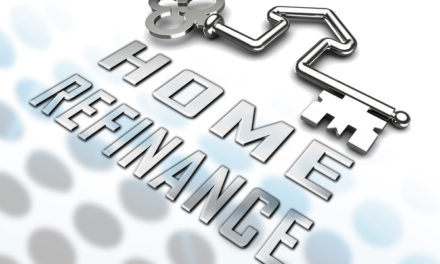You may have heard about the importance of your credit score, but what exactly does this score mean? And why is it important? Your credit score is a way for creditors to measure your trustworthiness and likelihood to dependently pay back your loan. You are scored based on timely payments and your credit history. Your credit score is most important if you want to take out a loan. The bank or other lending institution will use your credit score to determine your interest rate and if they will lend to you at all. If your credit score is lower than you’d like, don’t worry! There are things you can do to improve your credit score in just a few months!
1. Make Payments on Time
The absolute number one way to raise your credit score is to make on-time payments. Every time you pay by the due date, your credit score will bump upward. The more you pay on time, the more you establish yourself as a responsible borrower. Even if you made a significant mistake like being 30 days late on a mortgage payment, continuing on-time payments afterward will help that mistake fade into the past and will show that, overall, you are still responsible about your debt.
2. Raise Your Credit Limit
An interesting strategy in improving your credit score is raising your limit on your credit card. The less of your credit limit you use per month, the better effect it has on your credit score. By raising your credit limit without raising your spending, you automatically lower the percentage of credit limit you use without having to actually do anything differently in your life. Though not as influential as on-time payments, this action can also improve your credit score over time.
3. Increase Your Credit History
Sometimes, your credit score is low because you don’t have enough credit history. This is often the case with young adults who have just started building their credit. If you don’t have a credit card yet, it’s a good idea to open one. If you do have a credit card, you may want to open another. If you have a partner and you lease a car or take out a mortgage together, make sure you are also listed on the lease or the mortgage so the monthly payments positively affect your credit score, too.
4. Contest an Error on Your Credit Report/Write a Goodwill Letter
Though not common, there can occasionally be an error on your credit report that negatively impacts your credit score. If you notice a late payment that you made on time or any other kind of error, you should contact your lender and alert them to the mistake.
Additionally, if you actually did make a late payment but you feel you have a good explanation as to why it was late, you can write a goodwill letter to your creditor in the hopes that they will be understanding and remove the delinquency. In this letter, you will admit that you were late on a payment and explain why. You will also point out your otherwise excellent credit history and promise to continue making payments on time going forward. A goodwill letter is not guaranteed to work, but it has worked for some in the past and is definitely worth a try–especially if the late payment was a one-time occurrence.
Improve Your Credit Score
Maintaining a healthy credit score is important so you can be trusted by mortgage lenders, car leasing companies, and other creditors. It takes time to build credit, so don’t wait until you’re ready to buy a house to start thinking about it; start early and develop good repayment habits. If you’re unhappy with your credit score, the expert team at DeSantis, Kiefer, Shall, & Sarcone can help you manage your money and make payments on time. You can improve your credit score, no matter where it is now, and we’re happy to help you get there.






